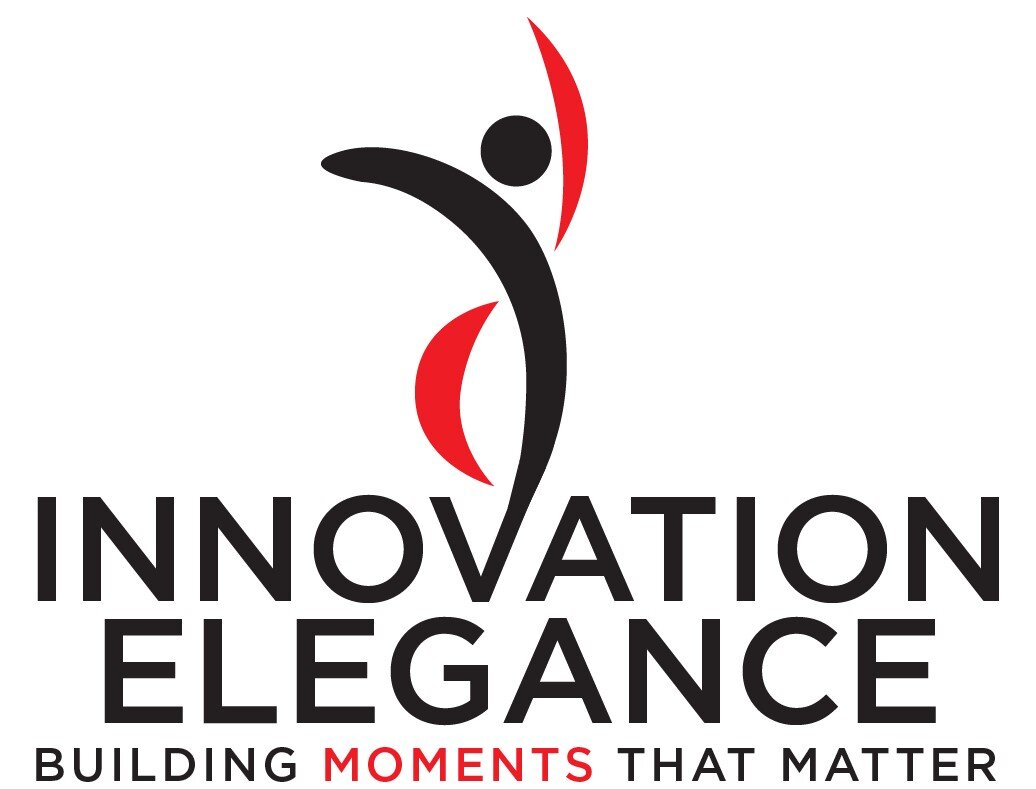Is Your Project Team A Factory?
“The only fear worth keeping is the fear of standing still.”
For your project team, the metaphor of a factory is valuable.
Although your team is not literally a factory, you should manage it like one because you care about all the same things - economics, speed, quality, waste, and more.
A negative image of a factory sees oppression and monotony. The Elegance methodology proposes a factory that fosters clarity, momentum, integration, and a tangible output.
A team characterized as stationary, chaotic, unpredictable, fire-fighting, or fragmented is not a factory. A factory has discipline, predictability and rhythm.
What kind of factory are you? At an abstract level, a healthy team is a kind of agreement factory - not in the spirit of groupthink or mindless concessions but with intellectual rigor that leads to agreements. A healthy team agrees on a roadmap, a project charter, and training approach. A dysfunctional team is a disagreement factory. Ideally your team is an agreement factory.
A healthy factory minimizes negative surprises. A healthy factory is very thoughtful about what is forgivable versus what warrants discipline and fixing.
What does your factory produce? Hopefully not just meetings and email. Hopefully you collaborate to build assets that are durable for your future team.
A healthy project team with a healthy culture associates culture traits with traits of a disciplined factory. You can tie culture traits to factory concepts such as vigilance, variability, automation, autonomy, elasticity, and ease.
The discipline in the metaphor of a factory is intense and rigorous - unforgiving and ruthless. To counterbalance this seriousness, consider the metaphor of the arts. The arts foster forgiveness, empathy, style, pizazz, passion, and purpose. With so many amazing songs, artists like Beyonce, Bruno Mars, and Marvel movies are their own factory.


